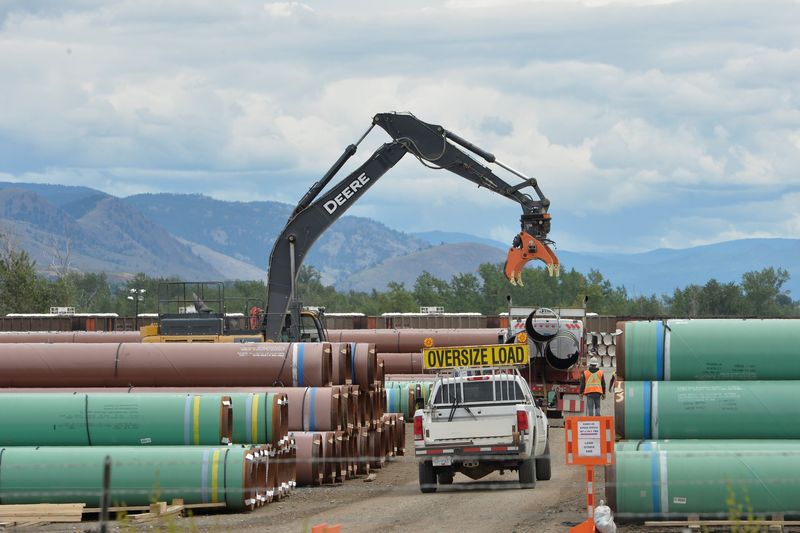Follow us on LinkedIn
The term infrastructure signifies basic physical systems that may be for a market, economy, or region. It may include water and sewer services, shipping, waste management, utilities, electric systems, etc. Due to the high cost involved in it, infrastructure systems are capital intensive. It also represents an asset class. For investors, infrastructure also provides a unique investment opportunity in the form of infrastructure funds.
What is an Infrastructure Fund?
An infrastructure fund is a type of fund that invests in public assets and services. In other words, these funds primarily include infrastructure investments. As mentioned, these may include systems such as water and sewage services, waste management, electric and utility services, oil and gas pipelines, etc. Usually, these infrastructures are part of a company. Therefore, infrastructure funds invest in companies that include these infrastructures.
As stated above, infrastructure represents an asset class. Therefore, it can be a viable option for investors looking to build a diversified portfolio. Through infrastructure funds, investors get the opportunity to do so. On top of that, these funds include a mix of infrastructure investments, which further helps investors with their goals.
In stock markets, infrastructure companies form a part of a different sector. Infrastructure funds seek to invest in this sector. Unlike other sectors, this sector presents a more stable investment opportunity to investors. The primary reason for it is that it involves investing in companies that provide products or services required for daily living.
What are the advantages of investing in an Infrastructure Fund?
Infrastructure funds provide investors with various advantages. One of the primary advantages includes the stability that the underlying investments offer. The demand for products or services provided by these companies usually remains constant throughout different economic periods. Therefore, they provide stable income compared to other sectors, such as banking, technology, automobile, etc.
Another advantage of infrastructure funds for investors is the diversification they provide. These funds allow investors to invest in a different asset class, which can be highly valuable. Infrastructure funds also offer more safety against market volatility. Therefore, investors have to suffer lower losses due to uncertainty.
The underlying companies in the funds generate constant cashflows throughout the year. It is due to the nature of infrastructures. Therefore, investors can get a stable income from these funds. On top of that, the capital-intensive nature of the sector also allows companies to dominate the market. Therefore, investors can get almost guaranteed income from these funds.
What are the disadvantages of investing in an Infrastructure Fund?
Infrastructure funds also come with some disadvantages. Due to their stable nature, infrastructure companies may not generate the best returns for investors. Usually, these companies perform well in the market. Compared to other sectors, however, the returns are lower. For investors, the decision to invest in these funds will linger on whether they want stability or higher returns.
Furthermore, infrastructure funds are not a viable option for investors looking for capital gains or growth investing. In contrast, these funds are more suited to dividend investors. However, that also implies that investors will get lower returns on these investments. Overall, these funds can provide lower returns to investors compared to other options.
Conclusion
Infrastructure funds involve investments in the infrastructure sector. These funds provide investors with the opportunity to diversify their portfolios while also getting stable income. Generally, investing in infrastructure funds involves lower risks. However, they can also hinder the returns that investors can expect from their investments.
Further questions
What's your question? Ask it in the discussion forum
Have an answer to the questions below? Post it here or in the forum




